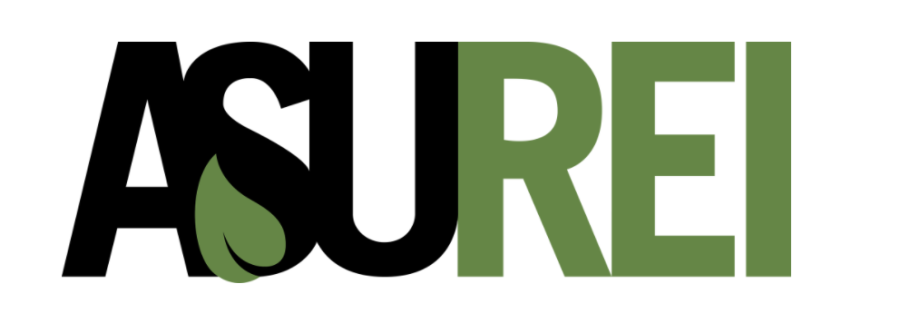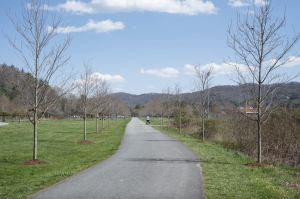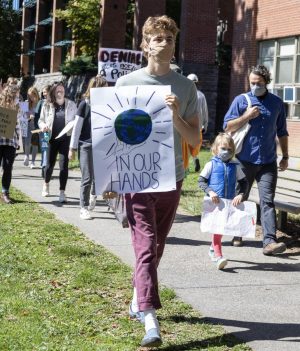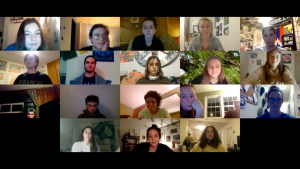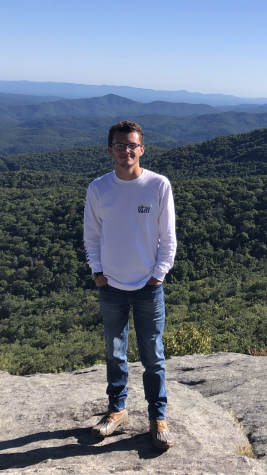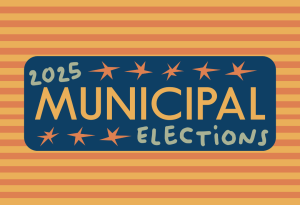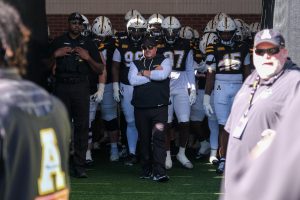REI hosts forum, announces sustainability alliance
November 8, 2021
App State’s Renewable Energy Initiative hosted a fall forum Friday, addressing active sustainability efforts at the university and in the greater community.
REI is a student-led organization on campus that seeks to install energy-efficient practices. Students propose projects while staff and faculty advisors help carry them out. REI has helped fund several projects including the Broyhill Wind Turbine, and has sponsored others like the New River Light and Power’s “Green Power Initiative” which aims to replace 15% of App State’s energy with renewable sources.
Other on-campus sustainability organizations and guest speakers joined REI Friday. The student-led, student-funded group announced a community association, the Sustainability Alliance, meant to connect community clubs or organizations identifying with sustainability.
Fall Forum creates opportunities for REI and other sustainability clubs and helps build partnerships, said Sebastian Bowen, a senior sustainable technology major and REI’s public relations chair.
“The sustainability alliance is hopefully going to connect leaders with clubs that identify with sustainability and create an avenue for communication and collaboration,” Bowen said.
Bowen said the recent demand for sustainable programs, along with the presence of other sustainability initiatives on campus, is what led to the development of the climate alliance.
Ed Miller, general manager of NRLP, was one of the guest speakers at Friday’s forum. Miller discussed new initiatives NRLP is implementing to promote more sustainable practices.
Starting Jan. 2, NRLP will begin buying hydroelectric power from Carolina Power Partners, Miller said. Miller said this is the company’s first step toward more renewable forms of energy as no coal power will be required.
A NRLP survey found nearly 76% of its residential customers report they would be willing to pay more for renewable energy and that 65% would spend $5 or more in order to offset costs for renewable energy.
NRLP created the Green Power program, an opt-in program with the purpose of offsetting costs of renewable energy by asking those who receive power from NRLP to pay $5 on top of their monthly bill. Their issue, Miller says, is that only about 50 people have bought in.
“If you live off-campus and you want to buy renewables, we need you to sign up,” Miller said.
Hannah Ross, a senior management major and the vice president of membership with Enactus, an on-campus organization focused on community development projects, spoke on Enactus’ C6 program, which is designed “to turn excess plastic waste into products that address environmental and social needs in our community.”
Enactus recently received a $25,000 grant from Ford Motor Company to continue the C6 program after winning early-stage competition in the Enactus United States National Exposition.
The Sustainability Alliance will have its first meeting Nov. 10.

